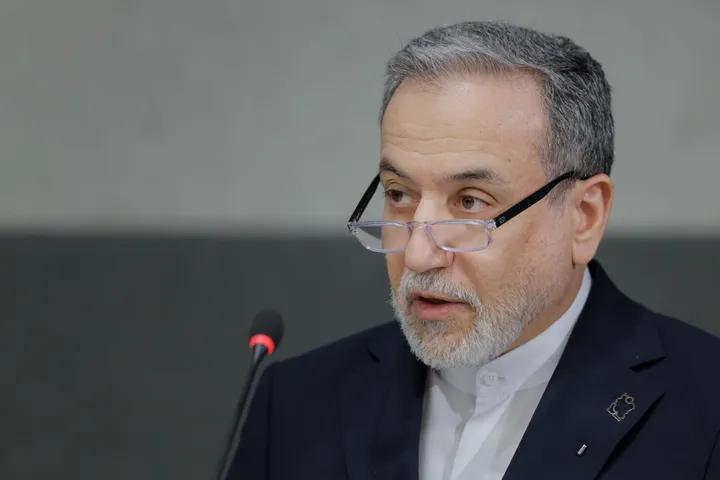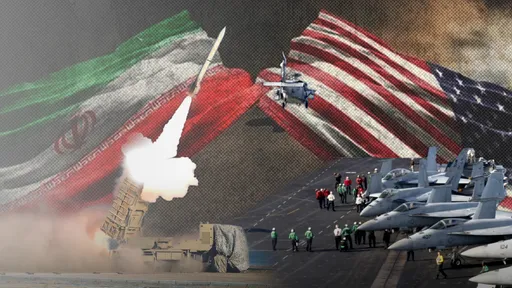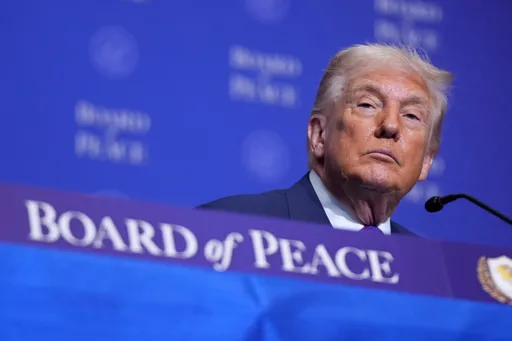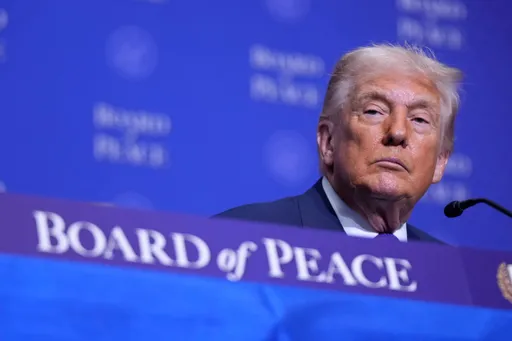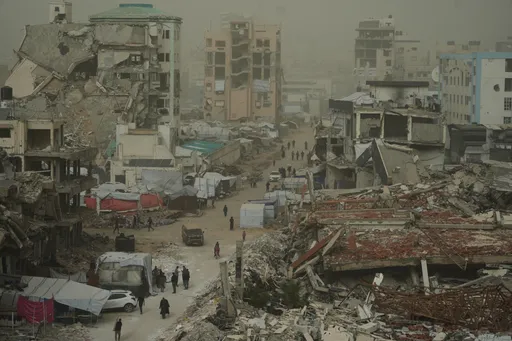It is likely that the profound realisation of just how grievous the strike that led to the deaths of 33 Turkish soldiers is, led the Russian Ministry of Defence to the absurdity that the soldiers “should not have been located alongside terrorist formations”.
To counter the truth that Turkish soldiers had been targeted by a Russian-backed regime airstrike, as well as the anger and resentment the Turkish people will now direct at the perpetrators, Russia seems to have swung the pendulum the other way, matching this extraordinary truth with an equal and opposite lie. According to the Turkish Ministry of Defence, the coordinates of Turkish military installations and troops had been shared with the Russians, perhaps with the intention of adverting a miscalculation.
What is also astonishing is the idea that “Moscow has done everything to impose a full ceasefire by the Syrian regime since the country learned of Turkish casualties”. That the Russians would only say this now is another indication at the severity of the escalation that has occurred.
At the same time, Turkey has given the diplomatic track many chances. Indicative of this is its graduated involvement in the Idlib region, and the lengthy end of February deadline that was given for the regime to withdraw. The previously-agreed de-escalation zone as part of the Sochi agreement had only been observed by the Turkish Armed Forces (TSK) through a series of posts, many of which are now surrounded by the regime. Turkey is now responding to the aggression of the regime, and it is likely that the spiral of escalation will continue.
In any case, the actions of the Assad regime have steadily induced further Turkish involvement. With Turkey’s gradual support, the moderate Syrian opposition has been able to make some gains against the regime. This clearly demonstrates that earlier Western support for the now nine-year-old Syrian Revolution could have made a meaningful difference on the ground, and saved the lives of hundreds and thousands of human beings. Instead, Assad’s extremism has been incentivised as his regime seeks to crush those who have dared oppose it.
Though it has been heard for years that Assad has ‘won the war’ in Syria, the hollowness of his army without Russian support, coupled with the shattered country he now presides over, is no real victory or point of pride. On the other hand, while the humanitarian crisis and the suffering of millions have clearly not been enough to rile meaningful action from Western capitals, the possibility of escalation, especially between Russia and Turkey, may finally tip the scales for both greater Western input, but also a sustainable ceasefire between the parties on the ground. Ceasefires must be enforced in the face of a regime that has thus far preferred extermination of its political opponents before even thinking about meaningful reconciliation and change.
Erstwhile, the worst cynical takes on social media accused Turkey of ‘dehumanisation’ as it now purportedly allows free passage of Syrians within Turkey abroad. Another worrisome assertion was that Turkey was playing a ‘toxic game’. Moments like this deserve full intellectual cognition and very careful and nuanced criticism. It is Turkey that gives life to refugees, it is Assad that generates and murders them. It is Turkey that hosts millions of refugees, it is affluent Europe that shudders at the thought of hosting them. It is not Turkey that is being paid ‘billions of euros’ for the gesture, it is international aid organisations in Turkey that receive these funds to help the refugees.
If the word ‘dehumanisation’ is to be used on every occasion that a political decision that concerns a group of people in the abstract is made, then the word ‘dehumanisation’ becomes meaningless. What could be more human than allowing refugees the chance at a better life? What could be more inhuman than turning a blind eye to their suffering in Idlib, failing to share the burden of refugees especially in the more affluent countries of the world, or to broad-brush stroke them all as ‘terrorists’ as the regime and its sympathisers do?
Hence, the accusation that Turkey ‘dehumanises’ refugees is not only an abuse of the term but simply inaccurate. If one is uncomfortable to give credit to Turkey for fear of doing ‘Erdogan’s bidding’, remember that there is nothing more perverted than to draw satisfaction from Turkey’s current predicament, to score political points against its elected President, whilst a ruthless autocratic regime drives a campaign of ethnic cleansing, where over half its population are either refugees or internally displaced.
Animosity against Turkey, for whatever reason, must be addressed intelligently on its own account, rather than being allowed to contort the strategic and moral imperatives in what has been called by the U.N. as the “biggest humanitarian horror story of the 21st Century”. If anything, to think as such is an indication of one’s own dehumanisation.




